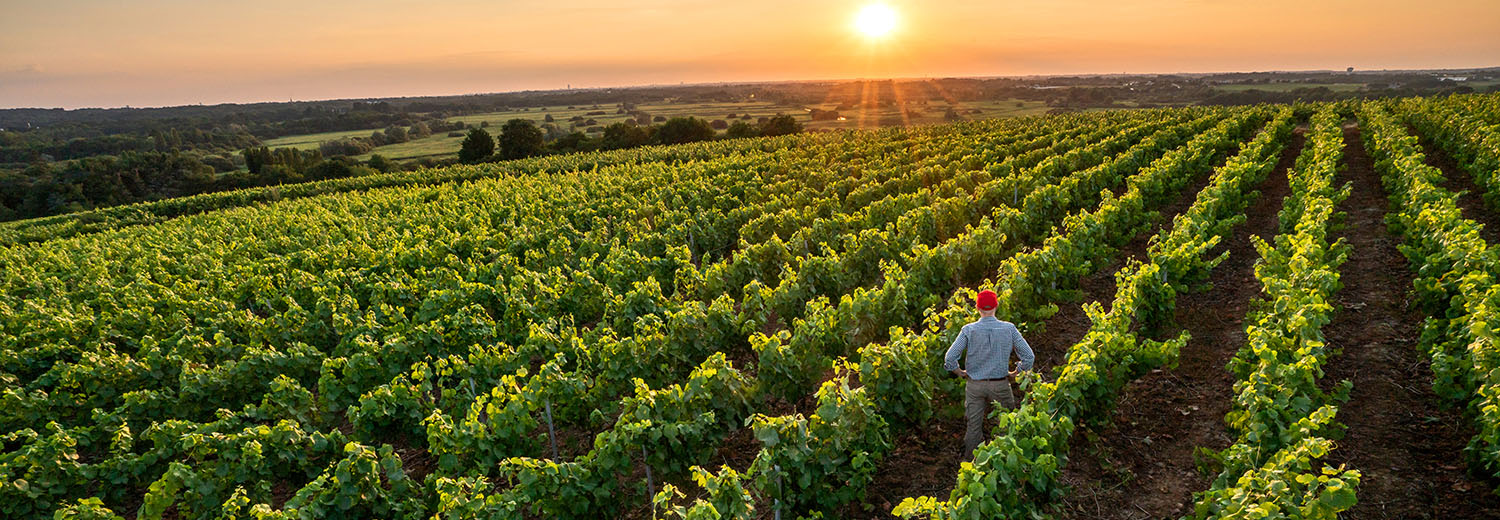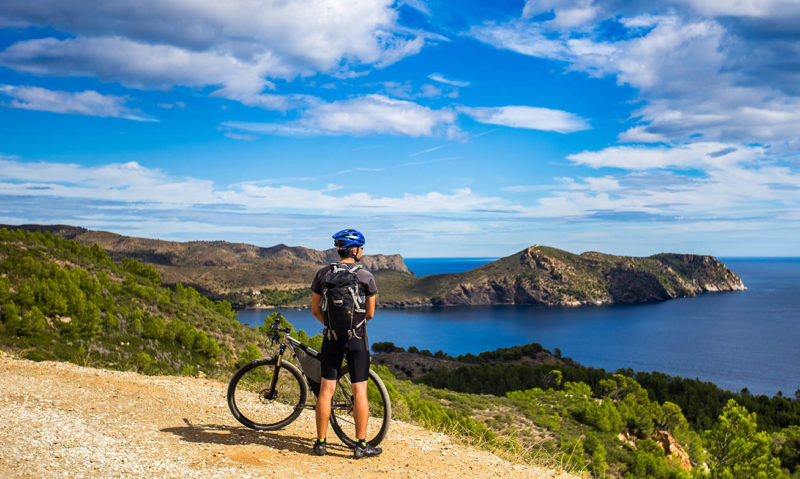

Ecology and economics: a sustainable goal
There is an increasing consensus in our society that accepts that economic growth must respect sustainability standards, and that debates how to link ecology and economy.
Economic growth, as a pillar of the capitalist system, has often been associated with the urban condition, the growth of cities, and the unrestricted expansion of their metropolitan areas. Both the services and the infrastructure needed are expanding, changing the territory and, in return, leaving aside the natural environment and the consequences of its alteration.
It is now clear that this has caused an ecological emergency, and many consciences have changed. They have now the opinion that the economy cannot forget nature, which is an increasingly accepted idea. It is probably outside the more purely urban fabric that more steps are taken in this direction, driven by the sensitivity of landscape conservation and natural heritage.
Following this goal of protection and appreciation of this heritage, the local world created the Landscape charters. Since 2006, Decree 343 of the Generalitat develops Law 8/2005 for the protection, management, and planning of the landscape, although some counties such as Alt Penedès have already had their own since 2002.
How does economy fits in sustainability?
The promotion of those sectors that are better adapted to nature and territory, such as wine, are one of the most common bets. It is a type of industry that combines agriculture and tourism, bringing benefits to the region in a minimum of two ways and enhancing the landscape. Some studies show that sales increase when the buyer links them to an environment.
Maintaining this sustainability, however, is sometimes not that simple. The first issue is related to tourism, about which we have talked, and the protection of the landscape as an exclusive setting against overcrowding. This can affect, in fact, the comfort and daily life of the inhabitants themselves. Secondly, we could go back to everything that the industry requires, which will eventually give jobs and leave profits in the form of taxes, such as the creation of industrial estates.
A matter of mobility and energy
The infrastructures for mobility and transport and the generation of energy needed to move everything are perhaps the two factors where the economy finds it more difficult to become sustainable. The local world has responded with great caution and concern to the increasingly imminent plans for the creation of wind or photovoltaic parks that, while seeming to lead to the generation of cleaner energy, are thought to clash in full with landscape care.
One of the territory’s arguments is that if urban areas are the big consumers of energy, they should also be impacted by generating them—and proposals have been made, such as covering the roofs of industrial areas with solar panels. However, the paralysis of decisions due to the debate—in Catalonia only a wind turbine has been installed in twelve years—does not stop what others can do, and there are those who consider that opportunities are being missed. Recently, for example, a wind farm project was presented in Aragon to feed our country with renewable energy.
But big cities have more open debates between growing or guaranteeing ecological minimums and, as we have mentioned, transport is a key one. Recently, the proposal to expand El Prat Airport has returned to the forefront, a project that from a business sector is seen as a country project, essential to position Barcelona and Catalonia as an attractive and accessible hub for business, whereas many citizens and groups see it as completely unsustainable, as they call for a much deeper discussion about how and how much we want to grow. Surely the latter is the key to the debate we need to face soon.
If you want to wash your clothes without polluting the planet, 11Onze Recommends Natulim.






M’ha agradat molt l’article, molt bons consells per aconseguir la sostenibilitat cada vegada més urgent🚨♻️
Molt bon article.
Gràcies! Seguim!
El debat és aquest, com volem viure per saber si val la pena pagar-ne el preu. M’ha agradat molt l’article
Gràcies per apreciar-ho i per la teva reflexió, Francesc!
👏
Aquest article és del mes de juliol, seguim igual o pitjor. La mobilitat i la producció d’energia, -un país n’ha de ser autosuficient, ho veiem amb el tema del gas-,encalla qualsevol planificació sobre què volem ser i com volem viure. No hi ajuda gens no saber exactament qui ha de promoure el debat. El poble? I a qui s´ha d’adreçar? El desgavell és tant gran que quan ens n’adonarem no hi haurà res a fer.
👍
Gràcies, Joan! Ens veiem per La Plaça!
Moltes gràcies per la teva informació, es de molta utilitat per mi.
Gràcies a tu Anna pel teu comentari, ens agrada ser d’utilitat a la nostra comunitat. Ens veiem per la Plaça
Gràcies Nuria he après algunes coses, que no sabía ara cal posar-ho en marxa